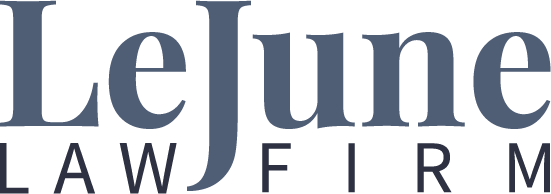Frequently asked questions
Copyright protects original works of authorship including literary, dramatic, musical and artistic works, such as poetry, novels, movies, songs, computer software and architecture. Copyright does not protect facts, ideas, systems or methods of operation, although it may protect the way these things are expressed.
You must prove, either through direct or indirect evidence, that the work was copied. If a work was directly copied, the liability or fault is easier to prove, and a huge legal hurdle is avoided. When direct copying cannot be proven, two things must be shown in order to make a recovery:
- That the defendant had access to the expression of the idea — saw it, or otherwise analyzed it.
- And that the defendant’s expression of the idea is “substantially similar” to the protected one owned by the patent/copyright holder.
Several factors impact the potential success of any copyright infringement case. It is most beneficial when:
- The infringing party has used your product for a long time, and intends to use it in the future.
- The infringing party has the ability to pay damages.
- Your patent or copyright and its file history show no obvious problems. (Attorney LeJune will help analyze this factor.)
In every case of commercial appropriation of protected works and inventions, potential clients should provide the following:
- The number and title of your patent or copyright. Please provide copies.
- Description of any trade secrets you have.
- The name and address of the person/entity who is wrongfully using your property.
- A list of your damages from the infringement or misuse, including lost royalties and/or product sales and negative business impact.
- Descriptions or written materials regarding the infringement — materials that describe how your expression of your idea has been infringed, including product descriptions or brochures being used by the infringing company that will help to prove your case.
- Documents that show how you protected your work — a contract, license, non-disclosure agreement or confidentiality agreement.
- Contact information (name, address, phone, email, etc.).
Absolutely not. Contrary to popular belief, there is no “20-percent rule,” or any other percentage change at which copying is permitted. Infringement is not determined by a mathematical calculation. If two works are substantially similar, and the infringer had “access” to the work (access is defined as having had a “reasonable opportunity to view”), then a prima facie (“basic”) case has been made out.
The statute of limitations for copyright infringement is three years. This means that if a person or entity infringes your copyright, you must bring a lawsuit within three years of the date you learned of the infringement, using reasonable diligence to discover it. This does not mean you must scour books, magazines or the internet to “police” your copyrights. However, once you are on notice of a license that has been exceeded by a customer/client, or that your work has been “knocked-off” by an infringer, you must bring suit within three years of that date. Profits that the infringer has realized before three years of being sued “drop off the recovery table,” and are no longer recoverable by the author of the work.
Anyone found to have infringed a copyrighted work may be liable for up to $30,000 in damages for each infringed work. If the infringement was willful, that amount could be increased up to $150,000 for each infringed work. Further, an infringer may be liable for the attorney’s fees the copyright owner incurred in pursuing the infringement lawsuit.

William L. Martin
W.L. Martin Home Designs
“I am in a business that requires copyright protection and enforcement for my work. I have trusted Dana LeJune to provide that protection and enforcement for my business. It is comforting for me to know that I can turn over any copyright violation to him and he will run with it, my work is done. He has successfully defended the copyrights to my work, and in a timely and professional manner. I highly recommend Dana; I will continue to use him for defense and compensation for copyright violations of my work.”

